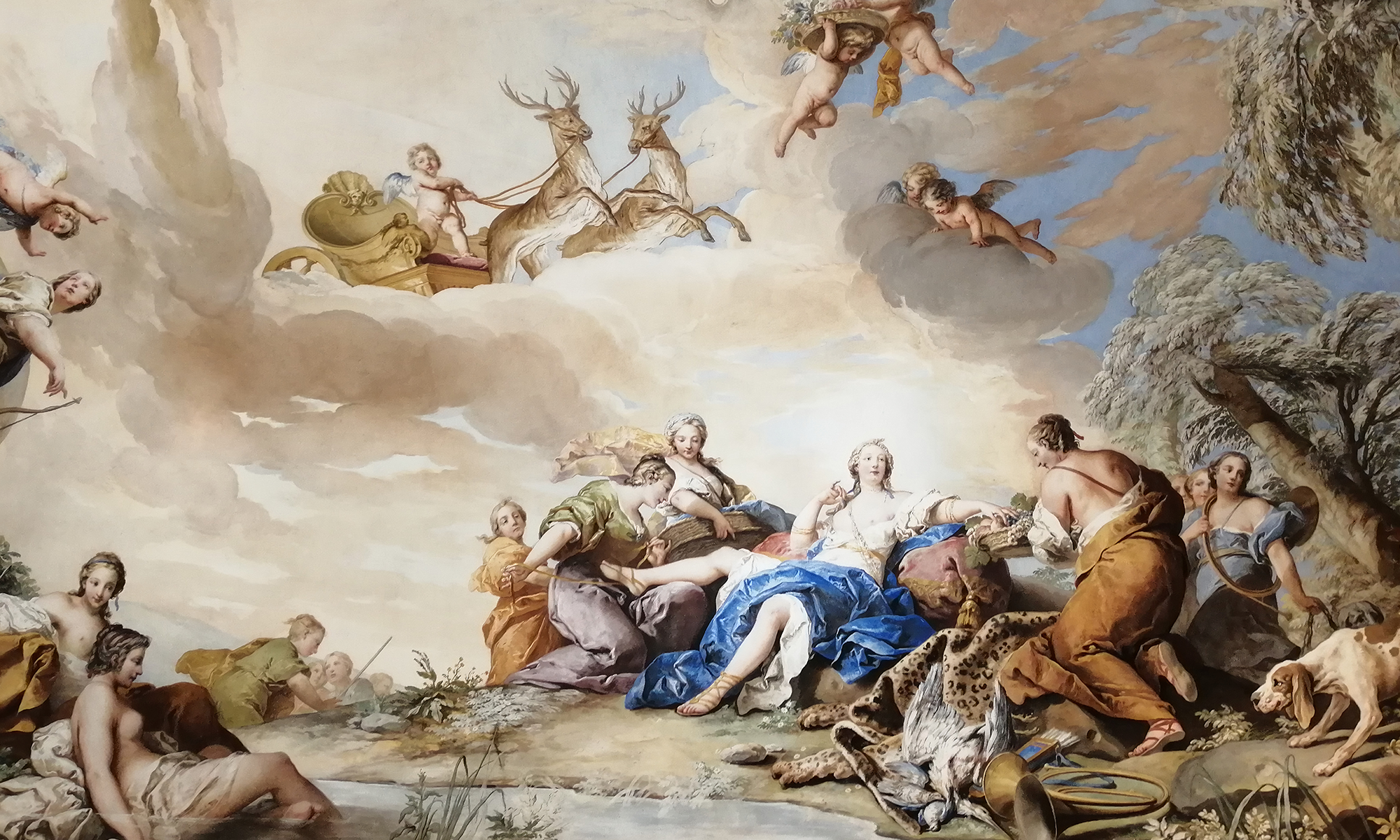Today, hunting appears as a bloody sport, contested by many or perceived as far removed from the main issues of the political debate. However, it was not like that in the past, when hunting was practised by kings and princes throughout Europe. It even was a status symbol for the aristocracy. Rulers loved to represent themselves in the act of hunting, as it best expressed the sovereignty they held over humans, animals and the environment.
The case of the House of Savoy, a dynasty whose domains straddled the Alps between France and Italy, is emblematic of how hunting was an extraordinary way to build power in the past. “Parks and hunting lodges were not only magnificent architectures but also a means of territorial control,” Bruno Farinelli (PoHis) explains. His doctoral research was focused on this Italian House. (Text: Bruno Farinelli)
Follow the money
“We should not think about princely hunting as a Sunday pastime,” Bruno goes on. Indeed, it involved many people – huntsmen, falconers, gamekeepers – and many others who accompanied the prince in the woods. Bruno points out that for this reason, “following the money for their payments is the best way to retrace the structure behind princely hunting”.
The whole system provided princes and kings with a powerful tool for governing and celebrating their authority. Even in the eyes of foreigners, such as the Venetian ambassadors. Bruno elaborates: “They Venetians always loved to go hunting with the dukes and kings of the House of Savoy. For my research, they proved to be an extraordinary source for details about these hunts.”
Resistances
Clearly, the privilege of a few created much discontent within society.
Farinelli: “Princely hunting was not appreciated by everyone. Just think about poaching and the resistance of farmers, shepherds and those who owned woods that were damaged by game. Even the nobility was not always happy to see its rights restricted; in short, there was no lack of conflicts and clashes.”
Contact
Bruno Farinelli | Bruno.farinelli@uantwerpen.be


